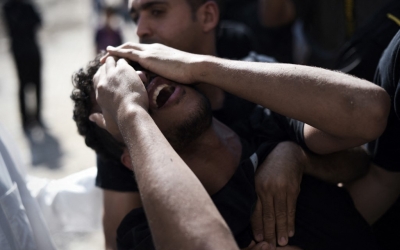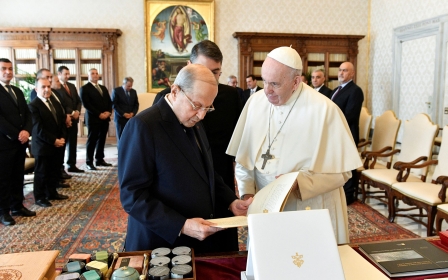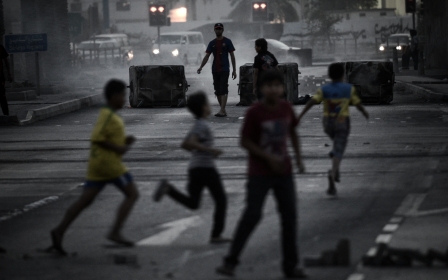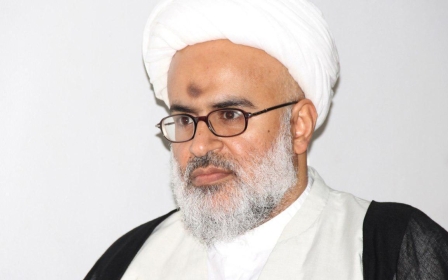Bahrain: Rights groups urge Pope Francis to raise religious freedom concerns during visit
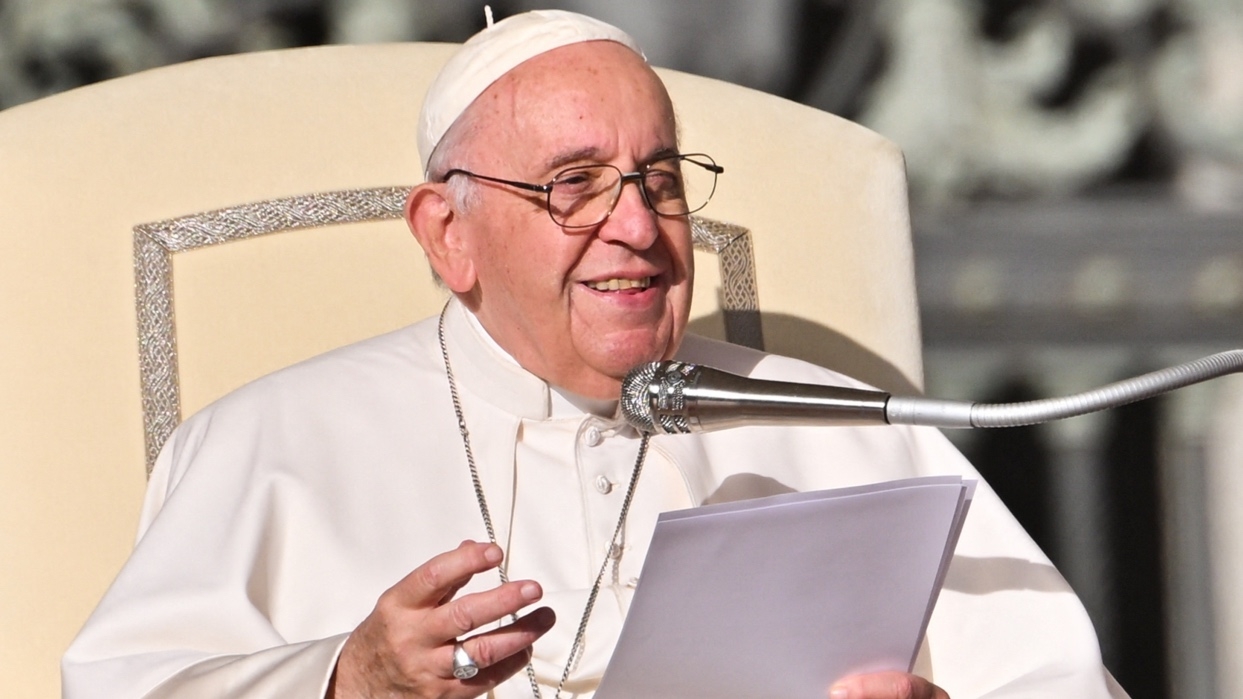
Leading Bahraini rights activists are urging the Vatican to address a number of serious religious freedom concerns during Pope Francis's scheduled visit to Manama next month.
In a letter sent to the Papacy, Americans for Democracy and Human Rights in Bahrain (ADHRB) called on Pope Francis to urge "the Bahraini authorities to stop the systematic institutionalised discrimination against Shiites" and also stop the trip from being used to "whitewash these systematic human rights violations".
"The ruling family in Bahrain uses religious discrimination as a tool to preserve its authoritarianism and it exploits public manifestations of interfaith coexistence or Papal visits to overshadow its human rights violations. Unfortunately, these violations do not limit to the religious domain," ADHRB said in its letter, seen by Middle East Eye.
The letter also called on the Pope to urge that political prisoners be released.
In a response to the letter campaign from ADHRB, seen by MEE, the Vatican thanked the rights group for the letter which it said was "read carefully". However, no details were given as to whether the Pope would raise these concerns.
ADHRB also worked with the Italian chapter of Amnesty International to deliver another letter to the Vatican.
A separate letter was sent to the Papacy from Ali Mushaima, the son of prominent Bahraini opposition leader Hassan Mushaima, who called for the Vatican to meet with him and other rights activists to understand the situation in the country.
"If you would be able to meet with me and other human rights defenders from Bahrain, we could perhaps further explain how you might be able to aid us in our struggle," wrote Ali Mushaima, who is currently based in London.
"If you cannot, then I implore you to at least meet with my father … A true religious dialogue in Bahrain cannot happen without visiting our prisons and exiled clerics."
Middle East Eye reached out to the Vatican for comment on the letters.
The Pope is scheduled to visit Bahrain from 3-6 November. He is set to meet with King Hamad bin Isa Al Khalifa, and will also attend the Bahrain Forum for Dialogue.
"It is disappointing to see that there is no serious engagement. And the serious concern we have is that this visit will be used as a serious PR stunt, serious whitewashing effort by the Bahraini government to try to deflect the international community from the horrible concerning records it has on human rights and political prisoners," Husain Abdulla, founder and executive director of ADHRB, told Middle East Eye.
Shia clerics in prison
Bahrain was the only Gulf Arab state to have experienced major unrest during the 2011 Arab Spring protest movement in the region, during which protesters demanded greater political freedoms and equal rights for all citizens regardless of religious identity.
Manama's rulers quashed the uprising with the help of Saudi Arabia, and since then the Bahraini government has cracked down on political opposition.
Human rights groups have denounced the crackdown on the use of military courts to try civilians, as well as the practice of torture, forced disappearance, and revocation of citizenship.
Bahrain has also used this campaign to curb political dissent to target influential clerics in the Shia Muslim community, according to activists.
The kingdom is governed by a Sunni Muslim monarchy, while the majority of the country's population is Shia.
"Imagine the Pope, the highest Christian Catholic figure, going to a country where the highest Shia Muslim figure is basically exiled, and his citizenship is revoked," Abdulla told MEE, referring to Sheikh Issa Qassim, the leading Bahraini Shia cleric whose citizenship was revoked in 2016.
"The most prominent, knowledgeable, Muslim Shia figures and clerics are in prison. So it's really, really concerning to see the Papacy's position to be used by an oppressor, by a dictator."
The US State Department cites in its most recent report on international religious freedom the arrest and detention of Shia clerics in Bahrain.
"Nongovernmental organizations (NGOs), media, and opposition outlets said the government continued to question, detain, and arrest Shia clerics. NGOs stated prison authorities routinely denied Shia prisoners needed medical treatment more often than Sunni prisoners."
The Gulf kingdom rejects allegations of human rights violations and denies discriminating against its Shia citizens. But last year the UN high commissioner for human rights accused Bahrain of being in "violation of international law" over its treatment of prisoners, some of whom are documented to be as young as 13 years old.
Middle East Eye propose une couverture et une analyse indépendantes et incomparables du Moyen-Orient, de l’Afrique du Nord et d’autres régions du monde. Pour en savoir plus sur la reprise de ce contenu et les frais qui s’appliquent, veuillez remplir ce formulaire [en anglais]. Pour en savoir plus sur MEE, cliquez ici [en anglais].


